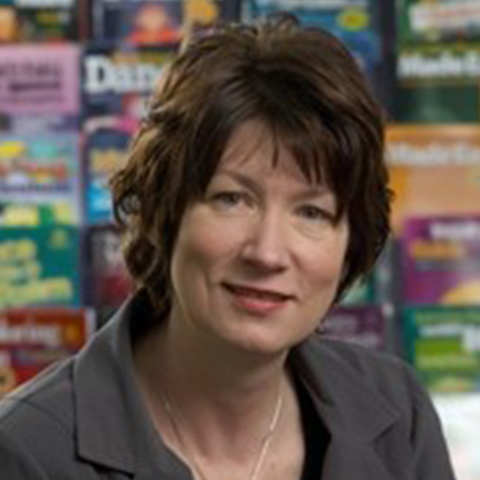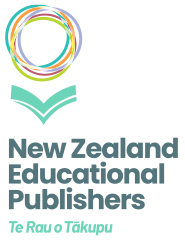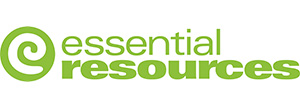
Essential Resources produces innovative, high-quality classroom resources that build and extend students’ knowledge and skills for the 21st century. Their practical resources support teachers to teach effectively and in a way that challenges students to develop critical thinking skills and strong problem-solving strategies, equipping them for today’s fast-paced, changing world. Resources for early childhood settings are strongly grounded in what research shows works, giving educators the tools and strategies they need to make a difference. The ongoing success of Essential Resources reflects their ability and flexibility to continually produce market-specific educational resources that both support educators and inspire students.
Featured series
Essential Resources supports educators and teachers with an innovative range of publications across early childhood education, primary and secondary schools.
English and literacy resources provide the approaches and structures teachers need to develop students’ language skills. Creative ideas and activities, practical planning suggestions for teachers, and carefully structured exercises equip students to achieve facility with reading, writing, and thinking.
For primary school, Story Seekers features high-interest fiction and non-fiction texts along with an activity book designed to lift reluctant readers’ literacy skills. Written specifically for older students with low reading levels, this series can be used in a guided reading setting, for independent reading, or as an ESOL support resource.
The secondary school series Teaching Media Literacy through Contemporary Issues by Dale Sutherland prompts students to explore issues of relevance including body image, consumerism, democracy, digital citizenship, and reality television. Another notable series is Making Connections by Yvette Krohn. Each book in Making Connections offers a thought-provoking theme, and creative ideas and activities for exploring the links beyond a text. Information sheets draw together the rich range of insightful ideas, and worksheets help students to consolidate the information and practise their connection-making skills.
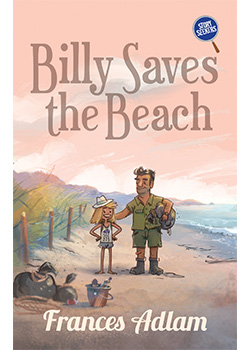
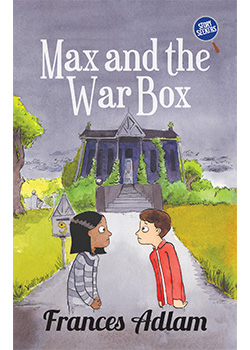
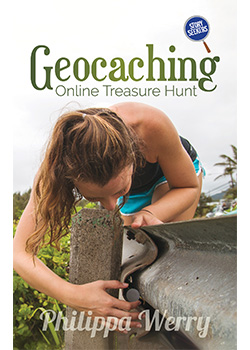
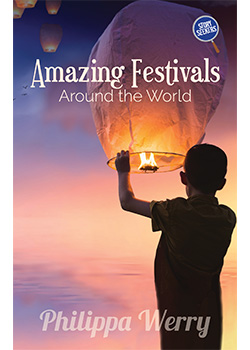
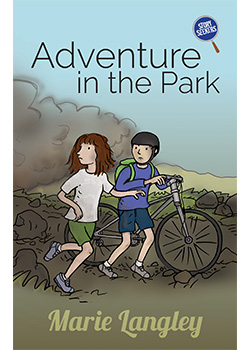
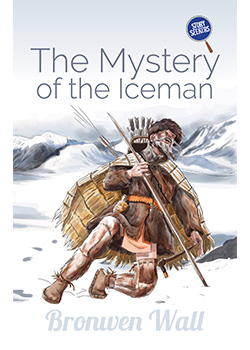
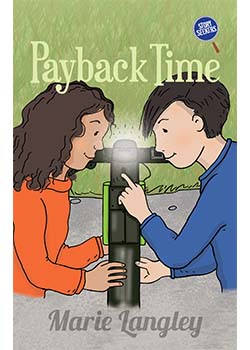
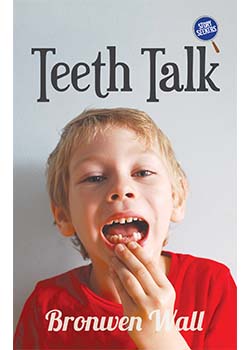
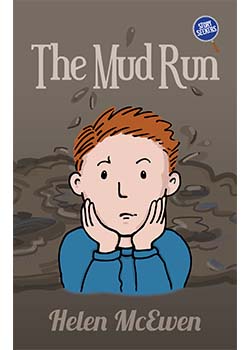
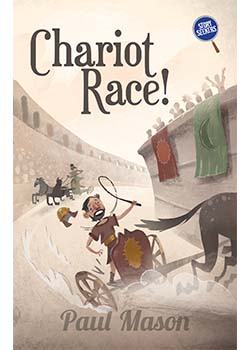
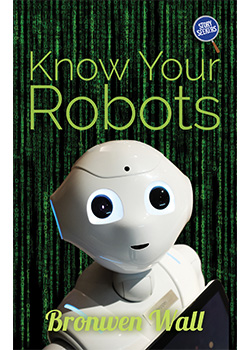
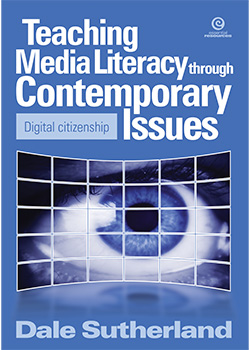
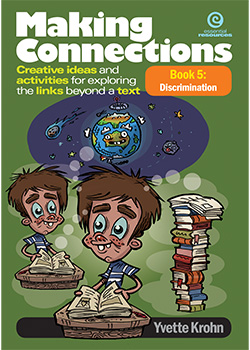
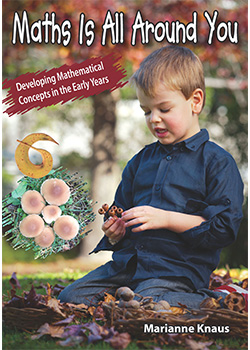
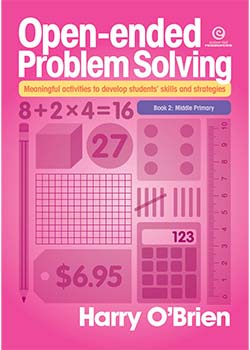
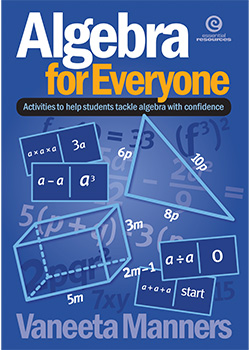
Mathematics
Mathematics resources provide the informed, practical support both teachers and students need to get learning off to a positive start and to build strong mathematicians.
The early childhood title Math Is All Around You by Marianne Knaus has a strong emphasis on a play-based approach and explores maths concepts to enrich children’s experiences and extend their current thinking and learning.
For primary and secondary schools, Essential Resources offers a variety of publications. Some are suitable for students who need maths practice, while others offer enrichment and extension activities. Teachers are well supported with lesson ideas, advice on observation, assessment, and how to extend students’ current thinking and learning. Titles include Open-Ended Problem Solving by Harry O’Brien, featuring meaningful activities to develop students’ skills and strategies, and Algebra for Everyone by Vaneeta Manners, providing practical support to build algebra learning.
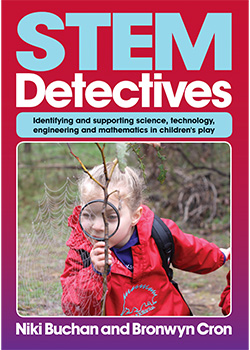
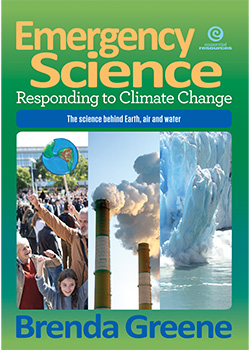
Science
Essential Resources’ science publications present scientific concepts in fresh and appealing ways. They explore the possibilities for experiencing science in the early years through to developing the curious mind of students at primary and secondary schools.
For early childhood and primary school, the resources feature integrated, holistic and flexible science ideas. The title STEM Detectives by Niki Buchan and Bronwyn Cron guides educators and teachers to identify scientific principles and processes happening in children’s play, as well as developing the skills and understanding to support and encourage a deeper level of exploration and discovery.
At the lower secondary school level, disciplinary-specific books provide procedural advice on scientific experiments and offer a wide range of hands-on activities that develop students’ analytical thinking skills. The series Emergency Science by Brenda Greene shows how science — as a way of observing our world, drawing conclusions from the evidence and identifying actions to solve problems — is an integral part of the response to climate change.
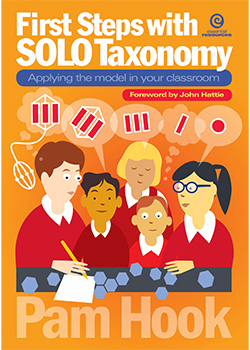
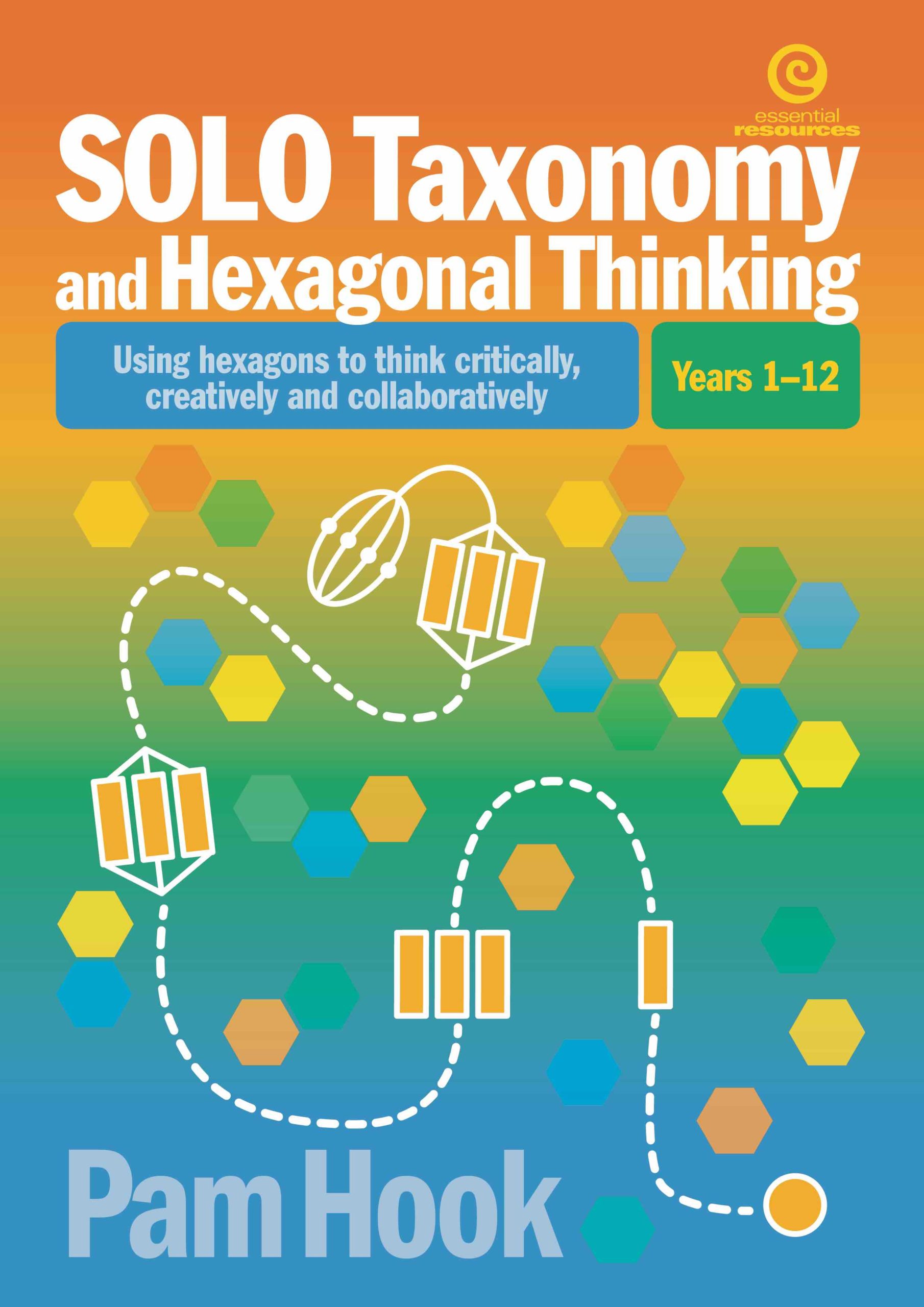
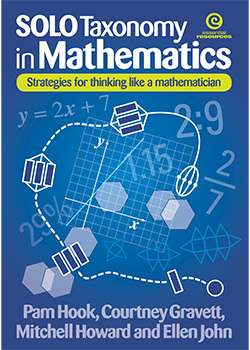
SOLO Taxonomy
SOLO Taxonomy is a model that makes learning visible. It offers a simple and robust way of classifying surface, deep, and conceptual learning outcomes in the classroom. SOLO Taxonomy books show how young learners can become active participants in their own learning, and provide teachers with support in differentiating questioning, and planning in the short and medium term. A range of publications give teachers the structure to engage students in their own learning and to reflect on their own practice with the central vision of raising learner achievement.
The introductory title First Steps with SOLO Taxonomy by Pam Hook shows how to apply the model in the primary and secondary schools.
“First Steps with SOLO Taxonomy is one of the best first-start places to not only learn about SOLO but also implement the ways of thinking using SOLO in classes. Pam Hook outlines what SOLO is, where it came from and how it works. She emphasises that SOLO can and should be shared with students, and shows how error (surely we best learn the things we do not know) can be privileged in classes. She shows how to identify effective teaching, learning, e-learning and thinking, and introduces a new language for metacognitive reflection. The sections on applying SOLO in classrooms go beyond the tips and tricks to emphasise the power of SOLO as a way of thinking about planning, teaching, learning and assessing. The section on sharing SOLO with students is a wonderful demonstration of how to teach students to be ‘assessment capable’ and know more about their own complexity of thinking, and helping them know where to go next in their learning.” — Professor John Hattie, Director of the Melbourne Education Research Institute (MERI) and Associate Dean (Research) at the University of Melbourne.
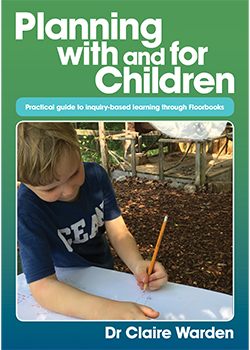
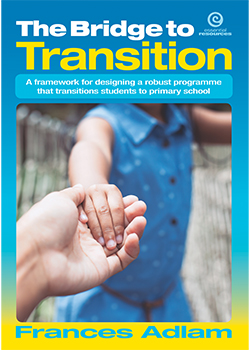

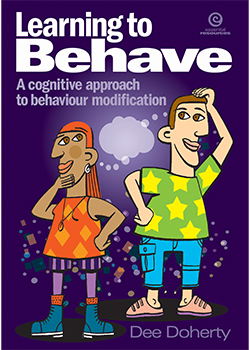
Teacher Support
Essential Resources’ publications for teacher and educator support feature a range of topics, from practical guides for promoting children’s creativity and critical thinking, to curriculum planning and advice on supporting the mental health of adolescents.
For early childhood and junior primary, Planning with and for Children by Dr Claire Warden puts children’s theories, ideas, and fascinations at the heart of practice. Another title, The Bridge to Transition by Frances Adlam, provides a framework for designing a robust programme that transitions students to primary schools. The primary title Assessment for Learning by Angie Simmons is designed to enrich teachers’ understanding of formative assessment and arm them with skills and resources which they can use productively with their students.
Grounded in a cognitive approach, the secondary title Learning to Behave by Dee Doherty offers a type of training in problem-solving skills as students identify problems, generate alternatives, think about the consequences and find solutions.
Featured authors
Dr Claire Warden
Dr Claire Warden is an educational consultant who has developed her approach to nature pedagogy and experiential learning through a variety of experiences. Her experiences have taken her on a pathway that includes working in a variety of centres, advisory work, and lecturing in further education. Claire is an author of many books and materials relating to early years methodology.
Niki Buchan
Niki Buchan is an award winning author who has vast experience working directly with children and teachers as an educator, pedagogical leader, and head of centres. As an international educational consultant, she has been working with both adults and young children in consultative, naturalistic environments both indoors and outdoors for many years. She has lived and worked in South Africa and Scotland, and now lives in Australia.
Marianne Knaus
Marianne Knaus is Associate Professor in Early Childhood Studies at Edith Cowan University (ECU) in Perth, Western Australia. She has taught across the education sector in early childhood and tertiary settings in a range of curriculum and content areas. In her current role at ECU, Marianne has undertaken teaching in the Mathematics discipline area for early childhood with the goal of developing positive mindsets towards Mathematics for pre-service teachers.
Yvette Krohn
Yvette Krohn has a substantial background teaching English as well as extensive experience working for the Ministry of Education, New Zealand. She has been a faculty Head of Languages and an Assistant Principal, as well as a Lecturer of Communications and Learning Styles at Lincoln University. Passionate about thinking skills, Yvette has a particular interest in incorporating philosophy, psychology, and social theory into the English curriculum.
Pam Hook
Pam Hook is an educational consultant who advises schools and institutions in New Zealand, Australia, Denmark, Malaysia, Singapore, Hong Kong, Japan and the Pacific Islands on developing curricula and pedagogies for learning to learn based on SOLO Taxonomy. Pam is author of many SOLO Taxonomy titles, including titles translated into Danish, and has developed a series of SOLO web-based apps and YouTube videos.
